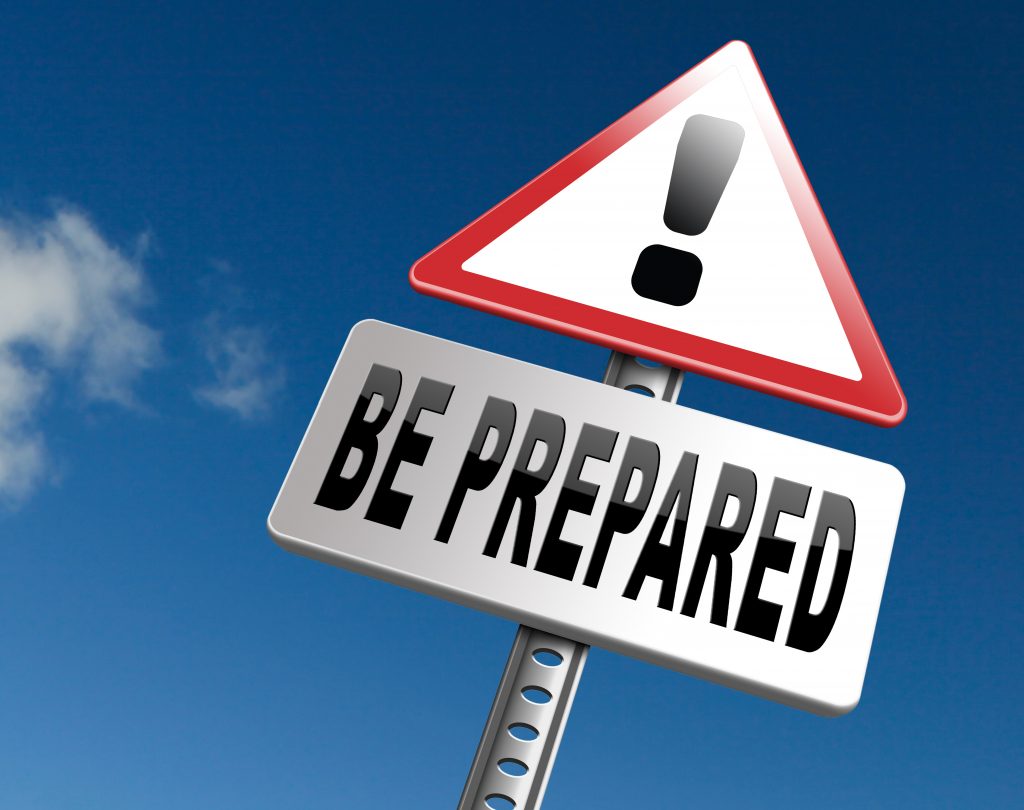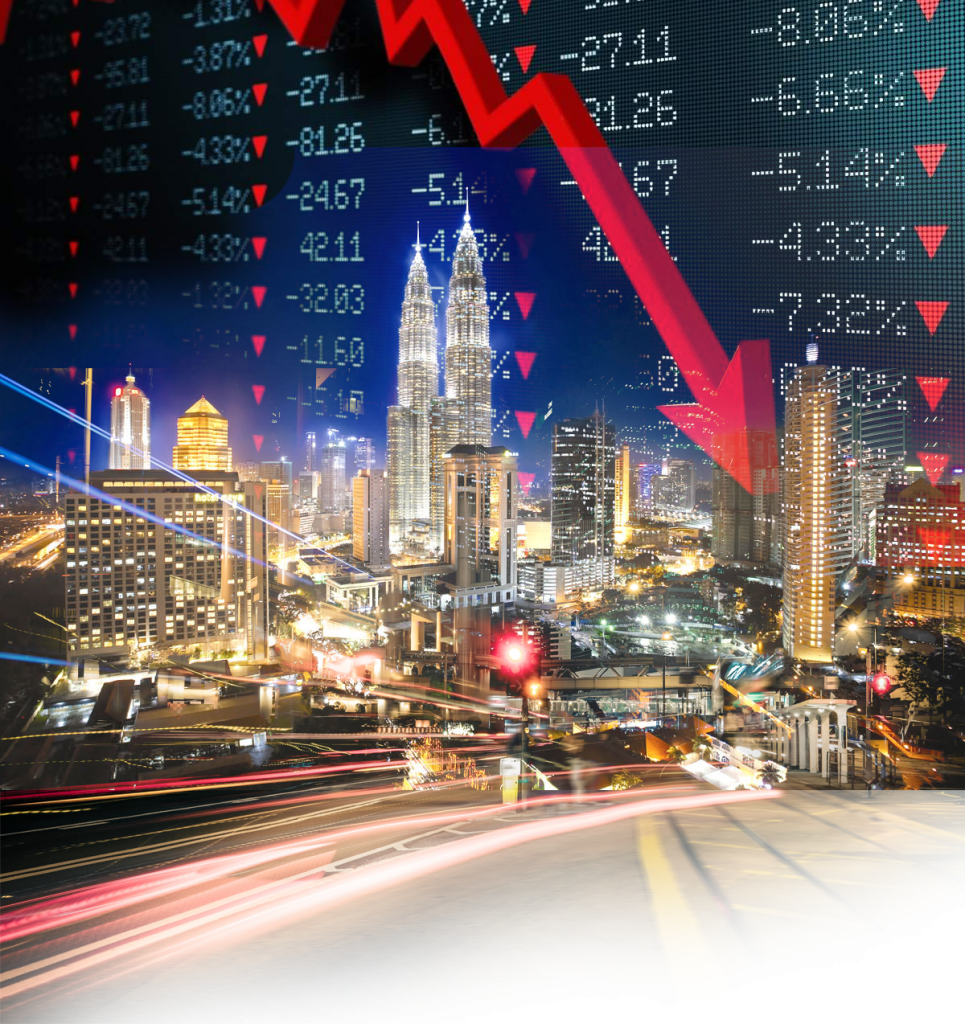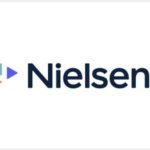I don’t know when or what to call anything an Emergency anymore, but I have good reasons to believe our industry needs major repurposing and it is clear that doing the same things over and over again have been fruitless. We need leadership with new thinking so we can progress beyond the same old same old….or is too late?
Emergency #1:
Common media currency
How can we have two media currencies for television is beyond me.
Astro goes with Kantar while the rest (including Media Prima) use Nielsen figures. The fees for Nielsen and Kantar are astronomical and not many agencies can afford them in these times.
More than five years have passed since this dual dilemma, with many overtures made by many groups including trade associations coming to the table. Result: zilch.
Then in a strange twist of destiny the government got involved last year through regulator MCMC. Personally, I do not see how a government regulatory body can moderate an issue that serves commercial interests. We are certainly not discussing the price of essential goods here!

Anyway two-term ex President of the Malaysian Media Specialists Association is now helming that committee at MCMC, at least he knows what’s going on, having successfully resolved the double-taxation issue for agencies during the introduction of digital tax in relation to billings from Google and Facebook. A curious example of MCMC brand policing here.
… Only when the rules are clear, can we as an industry become accountable and thrive…
Radio audience measurement is also not streamlined and the Audit Bureau of Circulations (ABC) remains the only alternative to print measurement. When many magazines pulled out of ABC some years ago, its standing swayed in print. Then newspapers got trashed by digital and started proritising digital measurement….

Don’t get me started on digital measurement as ABC Interaktif which began with an ambitious aim of measuring digital media almost 15 years ago remains just that: a project. Only an organization like the Interactive Advertising Bureau (IAB) can handle this, and Malaysia is not on their radar to the best of my knowledge.
The issue of a common currency is the lifeblood of a vibrant media ecosystem and stimulates growth and innovation. Only when the rules are clear, can we as an industry become accountable and thrive.
“As digital spend increases exponentially especially when its fuelled by Covid-19, advertisers require more transparency as walled gardens/media owners (ie. Google and Facebook) are not fully audited by independent third parties,” says Joseph Lim, Chief Marketing Officer at Tune Talk.
“The biggest roadblock now is the peaking unemployment at 9%, along with the impending or alreadyhere recession. Customers everywhere are pulling back on spending, and sticking to value buys or essential items only in anticipation of a rough future 2-3 years.” -Eugene Lee
Emergency #2:
Digital Fraud
Bernard Lee, Head of Marketing Services at Digi says, “Ad fraud and digital accountability are big issues for marketers, plus the privacy and usage of first party data for marketing.”
With digital, you can target any particular group specifically. And that’s the appeal of digital. You pay for your audience size, low or high income doesn’t matter. The reliability of measurement metrics is another ball game altogether.

“I know that McDonald’s deploys their own auditing tools,” shares Eugene Lee – Regional Director of Marketing (Asia Business Unit) McDonald’s, “The biggest roadblock now is the peaking unemployment at 9%, along with the impending or already-here recession. Customers everywhere are pulling back on spending, and sticking to value buys or essential items only in anticipation of a rough future 2-3 years.”
“Therefore, for marketers now, not only do we have to battle changing legislation that seems to be updated daily, but also shrinking discretionary income where everyone is fighting for the last ringgit out there.”
“The rise of digital adoption is plagued with digital fraud. Distinguishing real marketing from fake marketing in digital is hard for consumers. If not kept in check and addressed effectively, erosion in brand trust and health can threaten its very existence,” warns Abdul Sani Abdul Murad, Group Chief Marketing Officer, RHB Bank Berhad.
Prashant Kumar, Founder & Senior Partner of ENTROPIA, adds, “Digital platforms need to pay their due taxes to create a level playing field with local media on the revenue side. Digital platforms need to share revenues with newspapers fairly. If a Malaysian in the country sees an ad on any platform, it should get taxed. Due to COVID-19, the ad industry can also be given service tax relief.”
“No media owner works on audience guarantees really. Except digital platforms. That’s CPA or CPL based buys with digital, which is an industry in itself called affiliate marketing.”
Chanchal Chakrabarty, CEO of GroupM Malaysia says, “On digital platforms advertisers pay for completed views, viewable impressions, converted clicks or leads, etc. hence paying for guarantees. Other platforms can’t measure for such guarantees but have things like Cost Per Rating Point (CPRP) which is as close as it gets given the constraints of available measurement.
… Advertising is the most fragile of all businesses, whether good times or bad. You could go under if one big client does not pay you. And you don’t need a Wall Street meltdown for your business to crash…
Emergency#3:
Uncertainty
Having survived many financial crises in the past, the media, advertising and marketing industries have seen it all, and advertising was always the first to get whipped.
Advertising is the most fragile of all businesses, whether good times or bad. You could go under if one big client does not pay you. And you don’t need a Wall Street meltdown for your business to crash.

Truth be told, ad folk have been living and thriving in recession-mode from day one. So whip us all you want. But if you want success, then brace yourself to get some real therapy to cure your ills. So long as marketers wake up to the fact that advertising never caused an economic crash, the healing can begin.
“What do you do when the entire industry is backed up against the wall with declining revenues, margin pressures, and so much uncertainty plaguing…” -Nicky Lim
On the contrary, advertising IS the engine of commerce.
Oil it and it will serve you well. You want to learn how to survive a recession? Ask any ad person.
They live it…every day of their lives!
This time around we have a unique set of problems in the new uncertainty. Immobility, hesitancy and a disease that mutates by the day with no cure in sight. It is global and affects all parts of the food chain.
“What do you do when the entire industry is backed up against the wall with declining revenues, margin pressures, and so much uncertainty plaguing any viable forecasts to determine the balance between revenues and costs?” asks Nicky Lim, CEO of dentsu Malaysia, “Clearly, every business is accelerating transformation to harmonise, and paying laser-focused attention to changing customer demands.”

Tai Kam Leong, Head of Branding and Partnerships at Maxis says, “Agility is required: where would telcos pivot to create value? Mobility behaviour is fast shifting away from ultra dynamic, motion-based wide coverage to more intensive/ extensive usage in static areas.
“New value would come from consumer innovation in these new norms. Adoption of tech would go up, while being careful with cost and expenditure….”
Changes are placing pressures on experience management, partnerships and deals as well as distribution. What used to be nice to haves are now must haves, what used to be templated approaches now must change and what used to be market norms are now antiquated. If brands and partners in marketing stay open and are willing to evolve fast, the best relationships would surface and establish new norms in how we work.”
“New value would come from consumer innovation in these new norms. Adoption of tech would go up, while being careful with cost and expenditure.New ways for children to go to ‘class’, how to fill up leisure time, changing tactics for business survival – there’s never been more curiosity in the market,” Tai adds.
Emergency#4:
SQUEEZED AD RATES
Bala Pomaleh, CEO of Mediabrands Malaysia is concerned that OOH content and production is now at a standstill.
“There is no question that MCO has reduced footfall to literally all businesses hence clients will postpone spends in tandem with consumer spends.”
Santharuban T Sundaram – CEO of Advend Group of Companies, Etika Holdings adds, “If the platform has been selling reach and number all this while, in the absence of such reach and numbers it is only logical that the advertisers should pay less. Having said that, we are in a situation where people can’t go abroad, most of them work from home, schools are closed, malls are empty, in fact there is no traffic congestion in most places. Predicting where people will be and what they are to be doing, is likely not to going to be rocket science….given the circumstances.”
“Platform owners should take advantage of this to show advertisers how they can actually maximize the reach and how they can innovate and bring forth new solutions instead of having the discussion around rate cards.”
On media rates that have to be painfully reduced with a smaller audience at large, especially in Out Of Home (OOH), Maxis’ Tai says, “Post-delivery reports should be the basis for negotiation of the value to be returned. We have requested for make-up benefits, whether in time, position or entitlement of spots, etc., and media owners have been positive.
Digi’s Bernard Lee adds, “This is especially true when it comes to retail malls trying to defend same rental rates and also in-malls advertising space.”
Tai continues, “The real question that needs to be asked is this: if you are still basing value on reach and ratings, then how do you compete when businesses want to pay you for performance returns?”
We pay well for performance returns (not sales; because that’s often “immeasurable”, but focus on signals close to sales closure, like web sessions, add to carts, downloads, lead forms, retail traffic, etc).
“We now live in the VUCA (volatility, uncertainty, complexity, and ambiguity) world.” -Linda Hassan
Linda Hassan, Group CMO (Malaysia & Singapore) of Domino’s says, “We now live in the VUCA (volatility, uncertainty, complexity, and ambiguity) world.”

For her, it is about staff morale, business planning that does not look too far ahead (uncertainty begets uncertainty), managing cashflow and realizing that some things have to be let go in order to move on.
“Good people are cautious about changing jobs during this period…”
Emergency #5:
TALENT & DEVELOPMENT
“A growing issue within the marketing industry is the lack of skills to utilise marketing technologies. The proliferation of digital marketing and advancements in MarTech have exacerbated this issue, and local talent may not be able to keep up without relevant education and training, or support from marketers in the industry who are stuck in their traditional ways,” says Ben Foo, Group CMO of Taylor’s University.
Chanchal chips in, ”Good people are cautious about changing jobs during this period. However expect this to come back to normal with recovery and opportunities will increase. This will be followed by our perpetual problem of the small and shrinking talent pool.
The government and industry both have their responsibilities to grow, develop and shape the talent pool of the country.
While the government needs to make Malaysia a more attractive destination for investment to help create more job opportunities and hence reduce the talent drain, our industry also needs to do its part of developing and training especially the young talent through internship programs, certifications and industry training initiatives.”

“The truth is Malaysia’s advertising spends have been stagnant for some 5 years and COVID has just pushed that back into a significant decline…”
Emergency#6:
Role in Economy
“Malaysia is a digital economy already but digital adspends are still dominated by two global players. For the digital economy to move to the next level, it’s imperative for the local publisher ecosystem to develop and become strong,” The pandemic has further impacted the already fragile local publisher ecosystem and therefore its critical for the government and the industry to work together to build it and make it strong, says Chanchal.
MARKETING Magazine is not responsible for the content of external sites.









